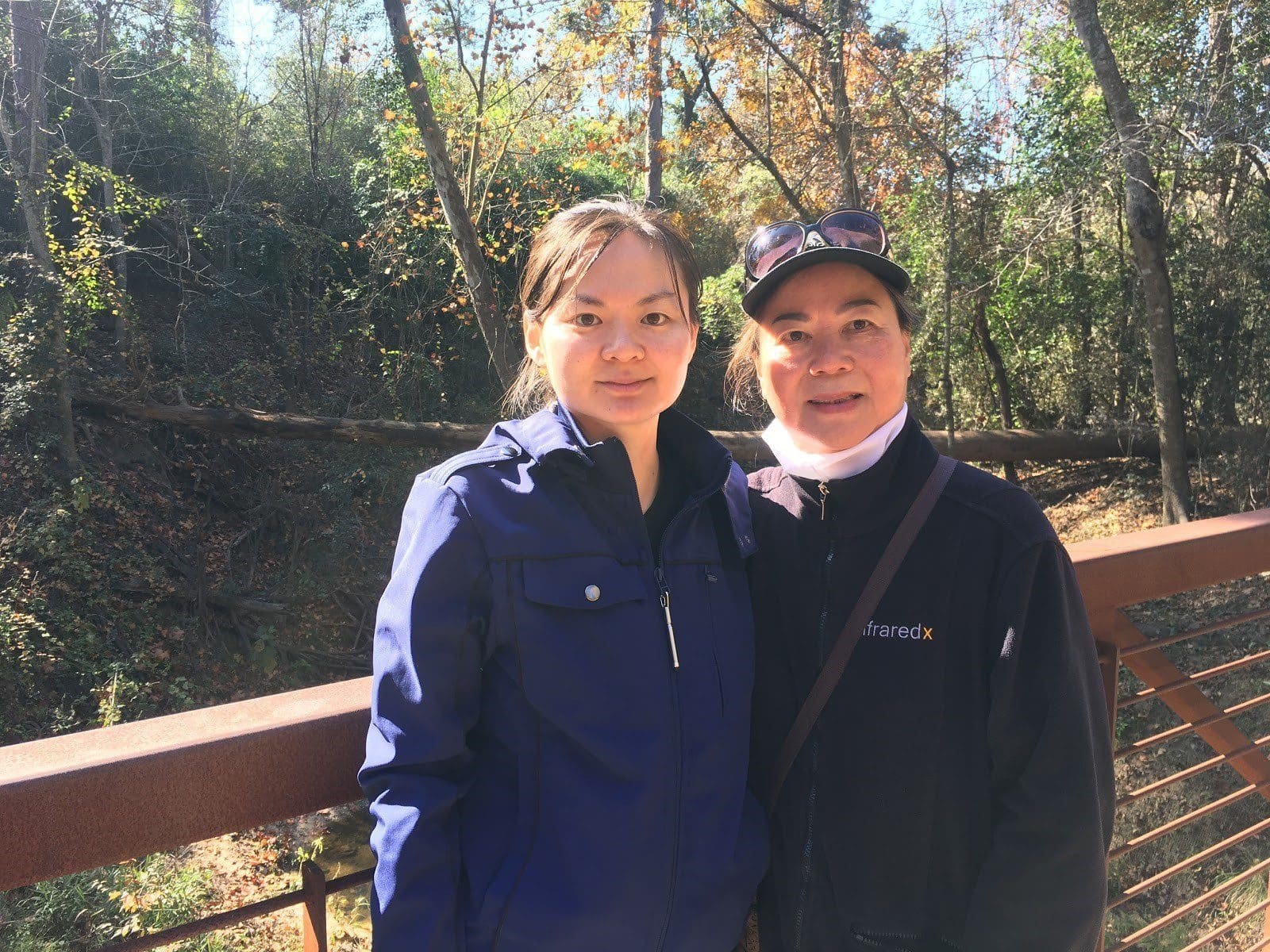The Society has many notable members. This is where we spotlight them. These individuals may have gone above and beyond in their contribution to the Society or the field of systems thinking and System Dynamics. We count on you, our members, to help us identify those that others would like to hear about. Please click on the button to the right to nominate a worthy member for inclusion on this page and in our monthly newsletter.
Two Johns Receive Reviewer of the Year Award

Dr. John Ansah
Dr. John Ansah is an Assistant Professor of the Programme in Health Services and Systems Research at Duke-NUS Medical School , Singapore, and a Faculty Fellow at the National University of Singapore Residential College 4. His recent work includes SEIR modeling of the Covid-19 outbreak in Singapore to model the trajectory under different interventions while accounting for the impact of asymptomatic infections.
Ansah holds a Ph.D. in Systems Science methodology of System Dynamics and has 10 years of experience in the application of computational modeling to health policy issues, with an emphasis on involving stakeholders to better inform policy and interventions. Current projects focus on long-term care needs, resilience, and hip fracture among elderly populations, emergency department patient flows, and aging. In his spare time, Ansah likes to run, play soccer and table tennis. He is passionate about System Dynamics education and teaching.

Dr. John Hayward
Yaman Barlas, the Executive Editor of the Society’s System Dynamics Review, is pleased to announce the two recipients of the Society’s 2019 Reviewers of the Year Award. These award winners are Dr. John Ansah and, Dr. John Hayward. This award is intended to highlight exemplary service to the Society in the form of reviewing submissions to the System Dynamics Review (“SDR”). Dr. Ansah and Dr. Hayward have been strong writers of Society journal contributions and have likewise demonstrated superior quality as reviewers for SDR. Specifically, in 2019, their high-quality reviews have played a critical role in helping authors improve their papers significantly, eventually leading to the acceptance of two articles that were guided to successful completion by their suggestions. Their reviews have been prompt and timely, detailed without being nit-picking, and full of specific constructive suggestions for improvement without asking authors to write reviewers’ own papers.
Dr. John Hayward was a senior lecturer in mathematics at the University of South Wales School of Computing & Mathematics, United Kingdom until his retirement in 2014. He now continues to serve the University as a Visiting Fellow and the Society as a Policy Council member and Vice President of the UK Chapter.
He spends his time promoting education in System Dynamics and mathematical modeling while pursuing collaborative research projects in human behaviour and modelling methodology. With colleagues, he has developed the loop impact method of dominance and the Newtonian Interpretative Framework, work that involves the intersection of System Dynamics, mathematics, and sociophysics. He applies System Dynamics to the growth and decline of churches, political parties, and other areas of social diffusion. You can follow him on Twitter @JohnHaywardUni, and his websites sociomechanics.com, churchmodel.org.uk, to learn more about what he is up to. In his spare time, John enjoys gardening, walking in rural Scotland and playing guitar.
It is the dedication of reviewers like the two Johns that helps us to deliver high quality articles relevant to the field. Please join us in congratulating John Ansah and John Hayward for this well earned award. We thank them both for the important role they play in improving SDR!

Christine Tang
Ph.D. Student, Worcester Polytechnic Institute
Nominated April 2020
If you are online you may have noticed that there is a steadier flow of Systems Dynamics content on many channels. This is thanks in large part to our own Christine Tang. She has been poring through historical repositories and videos of System Dynamics work and bringing them out into the light. She has also been leading the way in engaging people on social media (Twitter, Facebook, and LinkedIn) through the Worcester Polytechnic Institute (WPI) SD Club accounts. The Society thanks her for her tremendous efforts to spread the work of System Dynamics.
But it doesn’t end there. Christine has also been doing a masterful job coordinating the presentation of work by prominent System Dynamicists through the WPI Collective Learning Meetings (CLM) which have included presentations on many topics, including COVID-19. Her contribution is helping everyone learn and understand the field in a time when it is abundantly clear there is a need. Two CLM presentations of work-in-progress COVID models that might be of interest include Bob Eberlein’s presentation (https://youtu.be/QPJdMGGix00) and a presentation by Timothy Clancy, a Ph.D. Candidate at WPI who has been working on analyzing COVID-19 data. (https://youtu.be/GtxcCljnWOo). We encourage you to reach out with any suggestions for improving their work. To attend this series we recommend that you follow the WPI SD Club (@WPISDClub) Twitter account to learn about the latest Friday afternoon presentations.
Christine has other latent talents that one would not expect in a proficient modeler: POETRY! She has recently been sharing these poems with the world. For the CLM gathering in which Policy Council member Bob Eberlein shared his COVID-19 model, she introduced him with a poem that Bob declared the best introduction he had ever had. We share it here for your enjoyment:

Christine is currently a Ph.D. Student at Worcester Polytechnic Institute and resides in the Houston, Texas area. Throughout her higher education studies, internships, and fellowships, she has focused on modeling and analytics in health. Her undergraduate senior project team built a Discrete-Event Simulation model of a US Department of Veterans Affairs clinic to understand staffing needs. While working on her dissertation project analyzing data and building an Agent-Based Model for the Veterans Affairs, she experienced serious mental health problems and had to quit that project and take a break from modeling. She is very open about talking about mental health in hopes of destigmatizing it. Currently, Christine is learning System Dynamics and shares her readings on the WPI SD Club (@WPISDClub) Twitter account and her personal (@cchristinektang) Twitter account. Writing poetry, going on walks, and talking with her friends and family are ways Christine likes to relax during this distancing time. When we can meet in person again, Christine hopes we can play soccer like folks did at the 1981 Conference in Rensselaerville. She grew up playing basketball and softball but enjoys learning new things.
